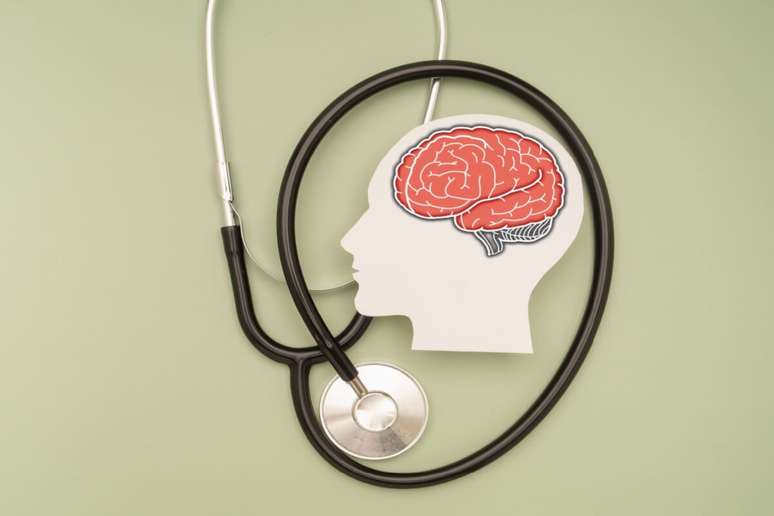Pregnant, the influencer talks about his experience with depression and panic syndrome and explains how he prepared to avoid future emotional convulsions
In this period of his life marked by profound – physical, emotional and spiritual transformations – Rafa Kalimann He decided to sincerely share his course compared to mental health. In a recent interview, he revealed that he had to deal for some time with depression and panic syndrome, conditions that, according to several studies, can intensify during pregnancy and comment even more strength in the puerperium. Rafa underlines that it is not just observing these challenges: it is preparation To deal with them as best possible.
Since the beginning of pregnancy, as soon as he did the first ultrasound, Rafa has mobilized to guarantee adequate support. He says he has sought professional help – both a psychologist and a psychiatrist – with the aim of creating a stable emotional basis that supports her in the most difficult moments. The awareness that hormones, changes in the body, expectation, fear of the future and uncertainties can weigh a lot, motivate it to anticipate the treatments, rather than react only when the symptoms worsen.
He admits that pregnancy has so far been marked with feelings of insecurity and uncertainty, which many women face but do not always feel comfortable to share. Rafa reflects that there is a tendency to romanticize pregnancy, underlining only its beautiful aspects – the growth of the belly, expectations, moments of happiness – but it is said little on the days when the car -testimone are swing, when physical pain, insomnia, heavy sleep, the feeling of being overloaded with one’s body or fear of not satisfying their expectations and expectations. “Pregnancy must not be romanticized,” he says, “Because when we enter this phase of life, there is a great solitude. And the fear of being judged, to feel too fragile or weak.”
Rafa stresses that, for her, the greatest concern is with the puerperium – that period shortly after childbirth, which can bring unexpected challenges. He knows for the relationships of other women and the very history of his emotional body that postpartum can be a time when the feelings of depression or panic intensify. Therefore, your emotional preparation plan includes the establishment of a stronger support network (family, friends, professionals), monitor sleep, food, physical activities, but also of reserve spaces to rest, to “be only a mother” without external pressure, without being beautiful, being strong, managing everything.
Another important point that Rafa mentions: he is learning to kindly observe his body. Physical changes – Belly growth, gain or weight loss, skin appearance, mood transformations – all this is something new, which asks for adaptation. He claims not to be so concentrated on “As I will be later”, but “like me now”, and accepts this body that is playing an extraordinary role. Instead of refusing or comparing, he tries to look at every change as part of a new, richer and complex identity that integrates both fragility and power.
Pregnancy was also a moment of internal rediscovery. Rafa says that he is learning to hear more, to pay attention to the signs of tiredness or mental overload, saying “no” when something requires too much, not to bring the blame for not corresponding to the models of perfection that are often imposed by ourselves. He believes that the preparation of the postpartum means much more than avoiding the crises that build resilience, self -esteem, acceptance and allowing every step to have lived with authenticity.
Finally, Rafa underlines that the opening of this dialogue is a political and liberating act. Speaking openly of depression, fears, expectations and insecurities, he hopes to contribute to other pregnant women to feel less isolated. Let them know that looking for help is not weakness, but courage. Which takes care of the mind during this period does not make sense to avoid problems, but allow maternity to be a space of care, affection, to build a new life – inside and outside the woman herself.
See photos of Rafa Kalimann:
See this photo on Instagram
Source: Terra
Ashley Fitzgerald is a journalist and author at Gossipify, known for her coverage of famous people and their lives. She writes about a wide range of topics, including celebrities, influencers, social media stars, and public figures. Her articles are known for their in-depth analysis and unique perspective. She is respected for her ability to keep readers up to date with the latest news and trends of the famous people.









